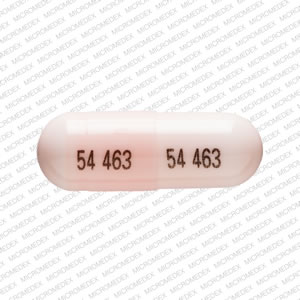
Lithium carbonate - Definition, Purpose, Description, Recommended dosage, Precautions, Side effects, InteractionsLithium is a naturally occurring element that is classified as an anti-manic drug. It is available in the United States under the brand names Eskalith, Lithonate, Lithane, Lithotabs, and Lithobid. It is also sold under its generic name.Lithium salts have been used in medical practice for about 150 years. Lithium salts were first used to treat gout. It was noted in the 1880s that lithium was somewhat effective in the treatment of depression, and in the 1950s lithium was seen to improve the symptoms of bipolar disease. The way lithium works in the body is unclear, but its therapeutic benefits are probably related to its effects on other electrolytes such as sodium, potassium, magnesium, and calcium. Lithium is taken either as lithium carbonate tablets or capsules or as lithium citrate syrup. Drug Information for Lithium Carbonate Oral - WebMD Free News Delivered to You It is very important to have the right amount of lithium in your body. Too much lithium may lead to unwanted effects such as nausea, diarrhea, shaking of the hands, dizziness, twitching, seizures, slurred speech, confusion, or increase in the amount of urine. Tell your doctor immediately if these effects occur. Take this medication by mouth, usually twice daily or as directed by your doctor. Take lithium with or immediately after meals to lessen stomach upset. Swallow this medication whole. Do not crush or chew. Doing so can destroy the long action of this drug and may increase side effects. Drink 8 to 12 glasses (8 ounces or 240 milliliters each) of water or other fluid each day, and maintain a healthy diet with normal amounts of salt (sodium) as directed by your doctor or dietician while taking this medication. Large changes in the amount of salt in your diet may change your lithium blood levels. Do not change the amount of salt in your diet unless your doctor tells you to do so.
